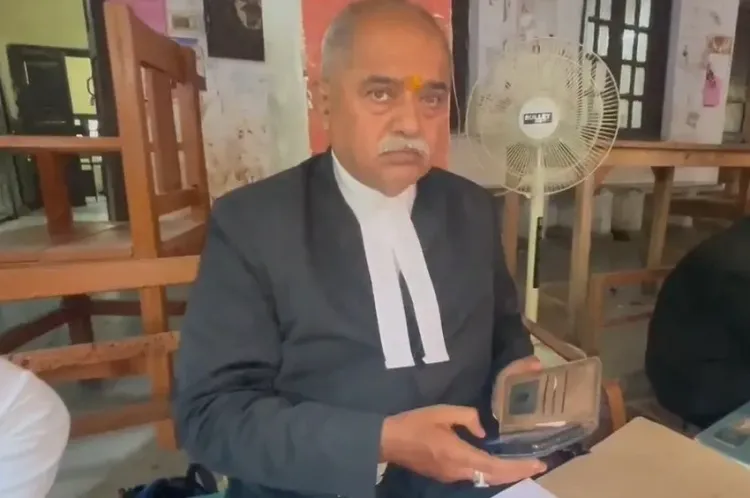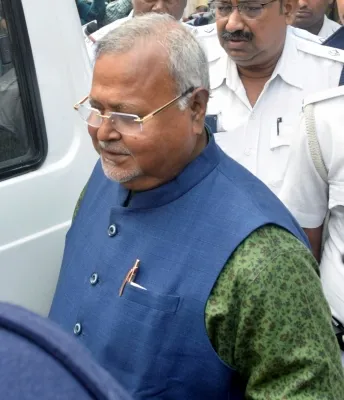Did the Varanasi Court Dismiss the Complaint Against Rahul Gandhi for His 'Lord Ram Fictional' Comment?

Synopsis
Key Takeaways
- The court ruled that the complaint against Gandhi was not maintainable.
- The absence of Lok Sabha Speaker's sanction hindered legal proceedings.
- The case highlights the tension between freedom of speech and religious sentiments.
- Further legal action is anticipated from the complainant.
- The controversy has sparked widespread discussion on political speech in India.
Varanasi, May 27 (NationPress) A Special Court for MPs and MLAs in Uttar Pradesh has dismissed a complaint that sought to register an FIR against Rahul Gandhi due to his remarks labeling Lord Ram as a 'fictional' character during an event in the US last month, according to a lawyer on Tuesday.
Additional Chief Judicial Magistrate Neeraj Kumar Tripathi ruled the complaint as non-maintainable, citing the absence of necessary approval from the Lok Sabha Speaker to initiate proceedings against Gandhi, who represents Rae Bareli.
The complaint was submitted by Advocate Harishankar Pandey, who requested the court to mandate the registration of an FIR for Gandhi's characterization of Lord Ram as a 'mythological' and 'fictional' figure.
Pandey disclosed on Tuesday that the court acknowledged the remarks but dismissed the complaint based on its maintainability.
“I intend to file a revision petition after considering the reasons, and I will approach the Lok Sabha Speaker for the necessary sanction against Rahul Gandhi,” he stated.
In his complaint, Pandey asserted that Gandhi made the controversial remark on April 21 during a session at Brown University in Boston, which he claimed was a deliberate attempt to undermine religious sentiments and incite communal tension.
Pandey accused Gandhi of hate speech for referring to Lord Ram as a 'mythological' and 'fictional' character, arguing that it hurt the feelings of followers of Sanatan Dharma.
Additionally, the complainant named the All India Congress Committee (AICC) as a respondent, asserting that the influential decision-making body of Congress should be held accountable for their leader’s statements.
The court had previously accepted Pandey’s complaint and scheduled a hearing for May 19.
Following the complaint's submission, notices were dispatched to Uttar Pradesh Congress chief Ajai Rai, a Varanasi resident.
Pandey's petition alleged that Gandhi's statements constituted penal offenses related to inciting enmity between religious groups under section 196 of the Bharatiya Nyaya Sanhita.
He also sought action against Gandhi under section 351 for criminal intimidation and section 353 related to public mischief.









